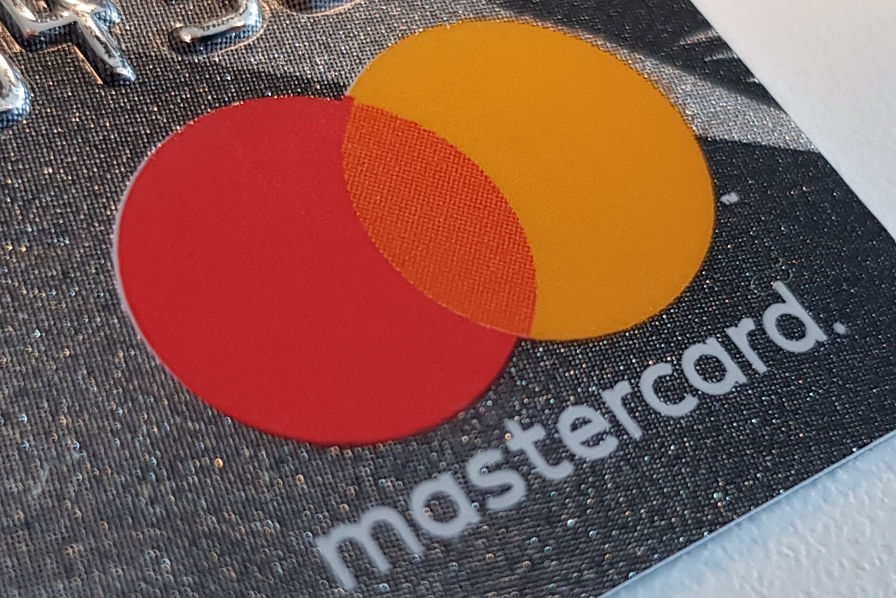“Fraudsters steal millions of payment card numbers through spyware, malware and other illegal practices like card theft. In an attempt to sell this data to other criminals, they put part of the 16-digit numbers on illegal websites.” says Mastercard. Based on this monitoring, the company aims to detect in advance which cards are potentially compromised.
To do this, generative artificial intelligence is a major asset. As part of a software update, the American company has developed technology that analyzes transaction data on billions of cards and millions of merchants. In this way, a warning is given in case of fraud. If the company doesn’t specify what generative AI it’s relying on, we can bet it’s technology from Brighterion — a company acquired by Mastercard in 2017 — that specializes in AI solutions for financial institutions, merchants, and healthcare.
Artificial intelligence, an ally of the financial sector
Originally focused on financial crime prevention, Brighterion was contracted by Mastercard in 2006 to deploy its AI-based payment fraud solution among its issuing banks. The giant integrated this technology into its Decision Intelligence platform in 2016. Brighterion now provides real-time AI technology for “74% of the largest US banks and more than 2,000 companies worldwide” in his words.
In an interview with Amin Dala, Chief Product Officer at Brighterion, he explains how AI has been helping financial institutions for years. “We have really custom models for your card that tell us how you behave with that card”, he said. Customization work that also involves integrating different data sources.
Thus, in its software update, Mastercard says it is able to cross-reference data such as geography, time and addresses and combine it with incomplete but compromised credit card numbers that appear in cardholder access databases of maps earlier to replace them with a directed map.
Benefits for banks and consumers
Mastercard plans to double the detection rate of compromised cards using this technology and reduce false positives when detecting fraudulent transactions by up to 200%. The firm is also improving its ability to identify companies at risk. In doing so, it promises to increase the speed of identifying merchants threatened or compromised by fraudsters by 300%.
These improvements are also a valuable aid to banks, who can block a compromised card much faster than before and reissue it. “Attempted transactions on the compromised card can be continuously monitored to mitigate fraud and improve cybersecurity.” ensure Mastercard.

